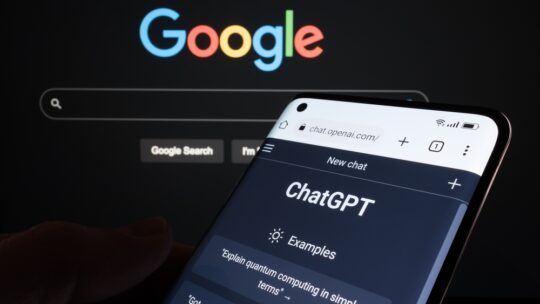
AI tools and writing assistants like ChatGPT are on the rise, making it quicker and easier to generate text-based content like blogs, news releases and even pitches. The resulting influx of AI-generated content begs the question: how will Google treat this kind of content? Will brands and creators get penalized for using AI? The answer, like many things with Google, is a bit more complex than a simple yes or no.
Instead of judging content based on how it was made (AI or human), Google judges the quality of the content, regardless of who wrote it. After all, human-written content can be just as poor.
So, how is quality measured? Google’s looking for signals of quality through E-E-A-T (Experience, Expertise, Authority, and Trust). It wants content that reflects genuine knowledge and helps searchers find the information they’re looking for quickly and easily.
Google’s Helpful Content Update attempts to weed out low quality, unoriginal and unhelpful content from its results. These updates give us valuable insight about what Google now values (and devalues) when it’s deciding what content to rank.
Here’s how to avoid the common pitfalls of poor content, and crucially, AI’s potential to amplify it.



